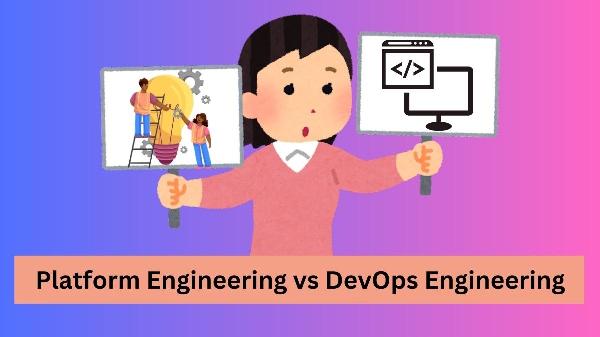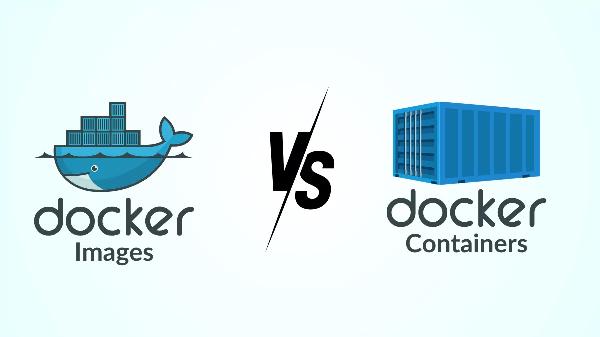 Smart Link Building – DA 50+ Backlinks with Fast Indexing!
Smart Link Building – DA 50+ Backlinks with Fast Indexing!
Choosing Between OpenShift, Kubernetes, and Docker: What You Need to Know
Written by rose » Updated on: June 17th, 2025

OpenShift vs. Kubernetes vs. Docker: Selecting the Best Platform for Your Needs
In the dynamic world of containerization and cloud-native applications, choosing the right platform is essential. This article explores the distinctions among OpenShift vs. Kubernetes vs. Docker, three leading technologies each offering unique advantages.
The Basics
Docker is a platform that enables developers to create, deploy, and run applications in containers. Containers package an application with all its dependencies, ensuring consistent performance across different environments. Docker's simplicity and ease of use have made it a popular choice for containerizing applications. With Docker, developers can achieve rapid deployment, consistent environments, and efficient resource utilization. Its lightweight nature allows for quick startup times and minimal overhead, making it ideal for development and testing environments.
Kubernetes is an open-source platform designed for container orchestration. It automates the deployment, scaling, and management of containerized applications, providing advanced features such as load balancing, service discovery, and automatic scaling. Kubernetes is renowned for its robust ecosystem and widespread adoption. It supports a declarative approach to configuration, allowing users to define the desired state of their applications, and then ensures that the current state matches the desired state. Kubernetes also provides features like self-healing, automated rollouts and rollbacks, and secret and configuration management, making it a powerful tool for managing large-scale containerized environments.
OpenShift, developed by Red Hat, is an enterprise-grade Kubernetes platform. It builds on Kubernetes by adding developer-friendly tools, enhanced security, and integrated CI/CD pipelines, offering a comprehensive solution for managing containerized applications in enterprise environments. OpenShift provides a user-friendly web console and a command-line interface (CLI) that streamline the management of applications and clusters. Its built-in CI/CD pipelines facilitate continuous integration and continuous delivery, allowing teams to automate the entire application lifecycle from development to production. OpenShift also includes features like automated provisioning, monitoring, and logging, making it a complete platform for container orchestration and management.
Key Differences: OpenShift vs. Kubernetes vs. Docker
When comparing OpenShift vs. Kubernetes vs. Docker, it’s crucial to understand their roles and how they complement each other. Docker focuses on containerization, Kubernetes handles orchestration, and OpenShift extends Kubernetes with additional enterprise features.
OpenShift vs. Kubernetes: Kubernetes provides core orchestration capabilities, while OpenShift enhances Kubernetes with a user-friendly web console, integrated CI/CD tools, and robust security features, making it a more complete solution for enterprises. Kubernetes excels in providing a flexible and extensible framework for container orchestration, allowing users to build and manage their own custom solutions. OpenShift, on the other hand, offers a more opinionated and integrated approach, providing a set of predefined tools and workflows that streamline the deployment and management of applications. This makes OpenShift an attractive option for enterprises looking for a turnkey solution that simplifies the complexity of Kubernetes while adding additional features and capabilities.
OpenShift vs. Docker: Docker excels in containerizing applications and running them in isolated environments. OpenShift combines Docker's container capabilities with Kubernetes' orchestration power, adding tools and features to simplify application lifecycle management. Docker provides the foundation for containerization, enabling developers to build and run containers with ease. OpenShift builds on this foundation by integrating Docker with Kubernetes and adding enterprise-grade features like security, compliance, and governance. This makes OpenShift a more comprehensive platform for managing containerized applications in production environments.
Which is Better: OpenShift vs. Kubernetes?
The choice between OpenShift vs. Kubernetes depends on your specific needs and the scale of your operations. Kubernetes is highly flexible and customizable, making it ideal for organizations with the resources to manage and extend it. Its open-source nature allows users to tailor the platform to their specific requirements, integrating it with their existing tools and workflows. However, this flexibility comes with a steep learning curve and the need for significant operational expertise.
Conversely, OpenShift offers an out-of-the-box enterprise solution with integrated tools and a focus on security, making it suitable for businesses seeking less overhead. OpenShift's integrated approach simplifies the deployment and management of applications, reducing the complexity and operational burden associated with Kubernetes. This makes OpenShift an attractive option for enterprises looking for a turnkey solution that combines the power of Kubernetes with additional features and capabilities tailored for enterprise environments.
Conclusion
In the debate of OpenShift vs. Kubernetes vs. Docker, each platform has its strengths. Docker is known for its simplicity and containerization, Kubernetes for its robust orchestration capabilities, and OpenShift for its comprehensive enterprise features. Understanding the differences between OpenShift vs. Kubernetes and OpenShift vs. Docker will help you make an informed decision based on your organization’s requirements.
Whether you’re a developer looking for an easy-to-use containerization tool, an IT manager needing robust orchestration capabilities, or an enterprise seeking a complete platform with integrated security and CI/CD, there is a solution that fits your needs. Explore the capabilities of each platform and choose the one that aligns best with your goals and resources.
Note: IndiBlogHub features both user-submitted and editorial content. We do not verify third-party contributions. Read our Disclaimer and Privacy Policyfor details.
Copyright © 2019-2025 IndiBlogHub.com. All rights reserved. Hosted on DigitalOcean for fast, reliable performance.









